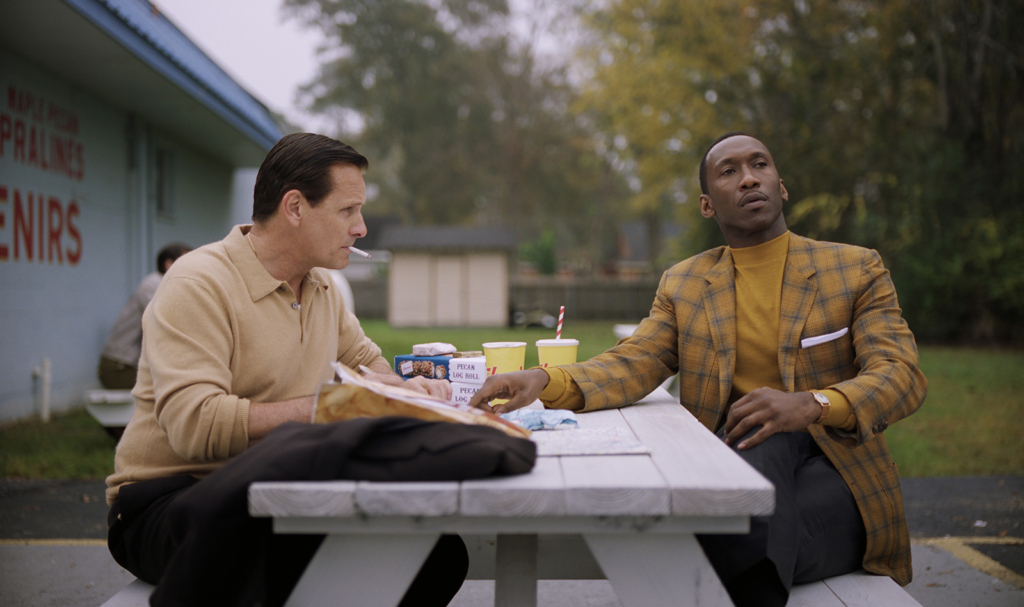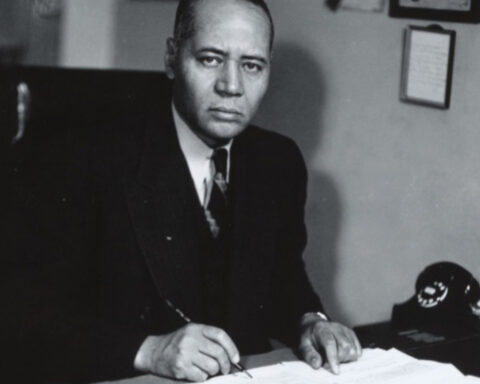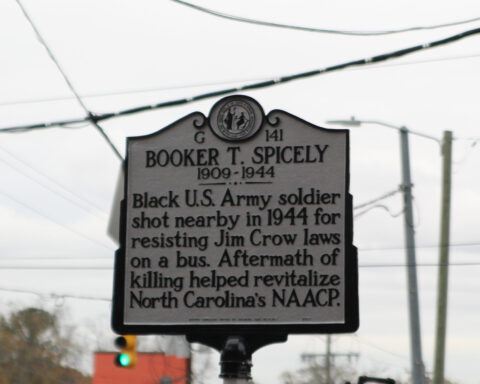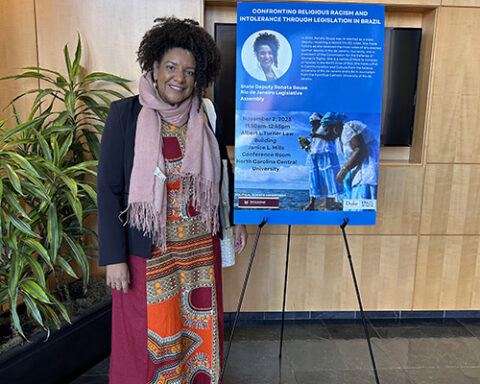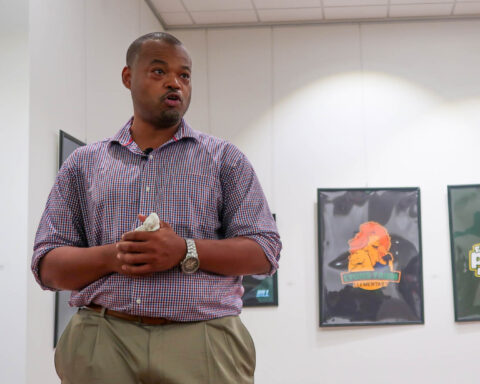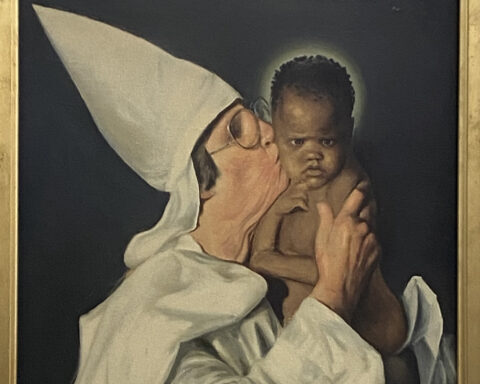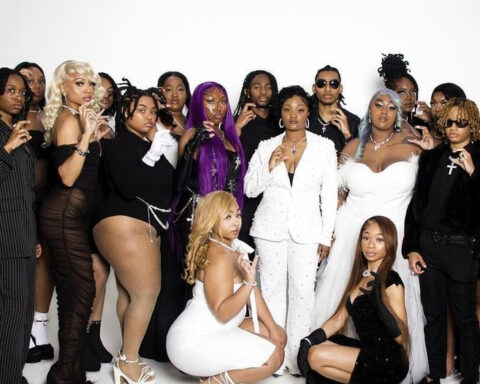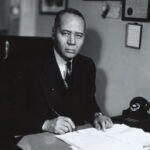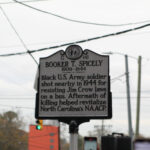The makers of “Green Book,” a feel-good story about a resourceful hustler hired to drive pianist Don Shirley on a concert tour through the Deep South in 1962, were riding high Sunday night, exulting in Golden Globes wins for picture, comedy/musical, Mahershala Ali’s supporting turn and motion picture screenplay.
“If they can find common ground,” said director and co-writer Peter Farrelly, referring to his film’s lead characters, “we all can.”
Three days later, Farrelly found himself on common ground with the film’s co-writer Nick Vallelonga, both of whom became enmeshed in controversy over past behavior. For Farrelly, it was excerpts from a 1998 Newsweek profile in which he talked about repeatedly pulling out his penis on film sets as a dirty practical joke. Vallelonga was castigated for a 2015 tweet supporting Donald Trump’s false claim that Muslims in New Jersey celebrated the destruction of the World Trade Center. Shortly afterward, Vallelonga deleted his Twitter account.
The latest controversy continues “Green Book”‘s roller-coaster ride through the awards season. The movie premiered to little advance hype at the Toronto Film Festival in September, becoming an underdog recipient of the event’s People’s Choice award, an honor that has gone to past Oscar winners like “Slumdog Millionaire,” “12 Years a Slave” and “The King’s Speech.”
But some critics immediately slammed “Green Book” as yet another Hollywood movie about American racism that frames its story from a “white savior” perspective. That assessment picked up steam in November when Shirley’s relatives spoke out against the movie, claiming they had not been consulted before or during production, and asserting that Shirley himself did not want a film made about his life. His last living brother, Maurice, said he wouldn’t see “Green Book” because it was “full of lies.”
Also in early November, leading man Viggo Mortensen came under fire for using the N-word during an awards season Q&A as he was attempting to discuss how times have changed since the era depicted in the film.
“There’s nothing in me that believes that Viggo is racist,” costar Ali later told The Times. “And even in him using the word, it wasn’t intended to be racist, if anything it was the opposite. It’s sort of a perfect moment in that it’s actually exactly what the film is about — awareness.”
Then “Green Book,” which many had pegged for breakout commercial success, opened in limited release to a surprisingly tepid per-screen average under $13,000. The film expanded over Thanksgiving weekend in more than 1,000 theaters to middling business and has grossed a respectable enough $36 million since its release.
Awards-season voters have responded with more enthusiasm. In addition to the Globes, “Green Book” won the National Board of Review’s best picture honor and was named one of the year’s 10 best movies by the American Film Institute. The guilds have followed suit, with the film earning prestigious nominations from the actors, producers, directors and writers groups.
Now with Vallelonga’s tweet and Farrelly’s past actions resurfacing, many in the film industry are reacting with a mixture of anger, fear and a curiosity about the timing of the revelations, which emerged the week that film academy members are voting on nominations for this year’s Oscars.
“Every year, it’s the same thing,” said one Oscar-nominated producer, who asked for anonymity because of the subject’s sensitive nature. “I’m not saying these aren’t legitimate concerns. But when they drop when people are voting, it makes it look more like a take-down than a genuine interest in debate and discussion.”
Last year, Guillermo del Toro’s “Shape of Water” was hit with a plagiarism lawsuit the day after final Oscar balloting began. (“Shape” won best picture; a judge dismissed the lawsuit with prejudice in July.) Another leading Oscar contender, “Three Billboards Outside Ebbing, Missouri,” weathered criticism for its handling of race. And eventual Oscar winner Gary Oldman faced renewed scrutiny of his past after an ex-wife repeated accusations that he hit her, an account Oldman adamantly denied. (Court records backed him up.)
Farrelly issued a statement Wednesday, saying: “True. I was an idiot. I did this decades ago and I thought I was being funny, and the truth is, I’m embarrassed and it makes me cringe now. I’m deeply sorry.” He declined to comment on Vallelonga’s tweet. Vallelonga did not respond to requests for comment.
Privately, sources close to the “Green Book” filmmakers said they had been bracing for a renewed round of criticism following the film’s high-profile success at the Globes. “Pete’s never been through this, but for a lot of us, this isn’t our first rodeo,” a source, who also asked for anonymity due to the subject’s sensitive nature, told The Times. The Vallelonga tweet, apparently unearthed by a forum member on the Awards Watch website, proved problematic both for its reinforcement of Trump’s 9/11 conspiracy theory as well as the fact that “Green Book” star Ali is a Muslim. The blowback was immediate.
“Nick Vallelonga wrote Green Book,” “La La Land” producer Jordan Horowitz tweeted, sharing Vallelonga’s 2015 tweet. “My industry just gave him a Golden Globe for writing. This remains on his timeline. Mahershala Ali is a Muslim, and a beautiful, generous and kind man. This is all just too disgusting.” Although Ali has not commented publicly since Vallelonga’s tweet resurfaced, and his representatives did not respond to a request for comment for this article, the Oscar-winning actor has addressed the Shirley family’s concerns multiple times. Most recently, backstage after his Golden Globe victory, Ali said, “My job is always the same. I have to look at what I’m responsible for doing. … I’m not one who is going to necessarily throw that all away over things I have no control over. I have a job to do, and I have to continue doing it. I respect the family. I wish them well.”
Coincidentally, while Farrelly and Vallelonga were making unexpected headlines, actor Daniel Craig was hosting a “Green Book” reception at a New York restaurant where several of Shirley’s friends, students and colleagues defended the movie and its depiction of the late musician and composer.
“We are really thrilled with Dr. Shirley’s portrayal, because we think it’s right on the money,” former friend and piano student Michael Kappeyne told the crowd. “We feel the dignity, we feel the wariness, we feel some of the hidden anger, of which he had a lot. But we also feel the presence and generosity of spirit that he had toward all of us, and he helped several of us and changed our lives.”
“Green Book” also has many champions within the African American community, including consulting producer Octavia Spencer, Quincy Jones and activist singer/actor Harry Belafonte, who called Farrelly after seeing the film and wrote a statement, saying, in part: “I knew Don Shirley, and, in fact, had an office across the street from his at Carnegie Hall, and I experienced much of what he did at the same time. This movie is accurate, it is true, and it’s a wonderful movie that everyone should see.
“The few people who appear to be objecting to the film’s depiction of the time and the man are dead wrong, and, if the basis of their resentment stems from it having been written and/or directed by someone who isn’t African American, I disagree with them even more,” Belafonte continued. “There are many perspectives from which to tell the same story and all can be true.”
How the latest controversies will hurt or potentially even help “Green Book” through the next few weeks of Hollywood’s awards season remains to be seen.
Nominations will be announced Jan. 22.
Story by Glenn Whipp
L.A. Times (Tribune News Service)

